I have a dream and this dream is for our farmers to make a decent living. In this province touted as the Organic Bowl of the Philippines, we still have a long way to go in terms of food security considering that most of our farmers are poor. As an agricultural country, we are blessed with flora and fauna that share symbiotic relationships to create a natural feast of grains, fruits, vegetable and forest cover.
The province of Negros Occidental was once fully-forested, our lush mountains enriched many a logging concessionaire who exported our timber. The famed ancestral houses of our province are testaments to the wealth of our land.
Deforestation of our forests to give way to the vast haciendas that fueled the economy not only on a provincial basis, but also on the national, is a classic example of how one cannot have it all. You give up one in order to gain another. Sugar was sweet in the boom days that gave rise to local nobility known as sugar barons. The legendary lifestyles of Kahirup balls, and Parisian fashion, and luxury travel were also paired with the hardships and exploitation of hired farm hands known as sacadas. The demand for sugar abroad made Negros enjoy a golden era never experienced before. Yet, our farmers’ lot did not seem to improve at all. Then came the crisis of the 1980’s where the dismal market price of sugar caused an unparalleled massive reversal of fortunes. The sugar baron was no more. Sugar was the crop that made Negros rich and sugar was the crop that made Negros poor.

The most hard-hit on the societal pendulum were the farmers. So used to a feudal system where everyone ran to the “amo” for aid and sustenance, the sacadas had very few alternatives. They had grown up in a world of sugarcane growing. Farming skills were centered on cultivating a mono-crop. Besides, compared with other crops, sugarcane is easy to grow and cultivate in the rich volcanic soil of Negros earning it the nickname “the lazy man’s crop.”
The 80’s were a tumultuous time for the Negrenses as they entered an era of social unrest, poverty and economic insecurity, and the lesson was clear: diversify or die.
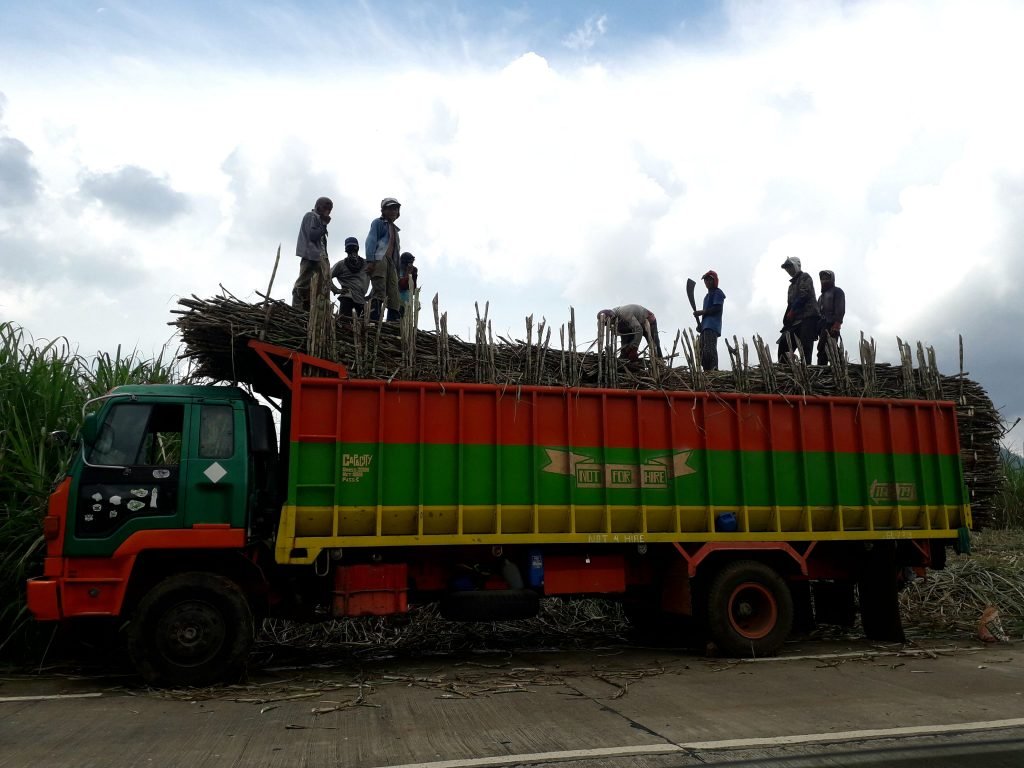
Diversify was what some farmers did and a few brave souls dared to convert their sugarcane fields into vegetable patches. These were the pioneers in the local organic movement that paved the way for other farmers to occupy a market niche that was slowly but surely gaining a foothold in a health-conscious population. The problem is that “organic” usually translates to “expensive” and has taken on an elitist connotation. How will poor farmers fare?
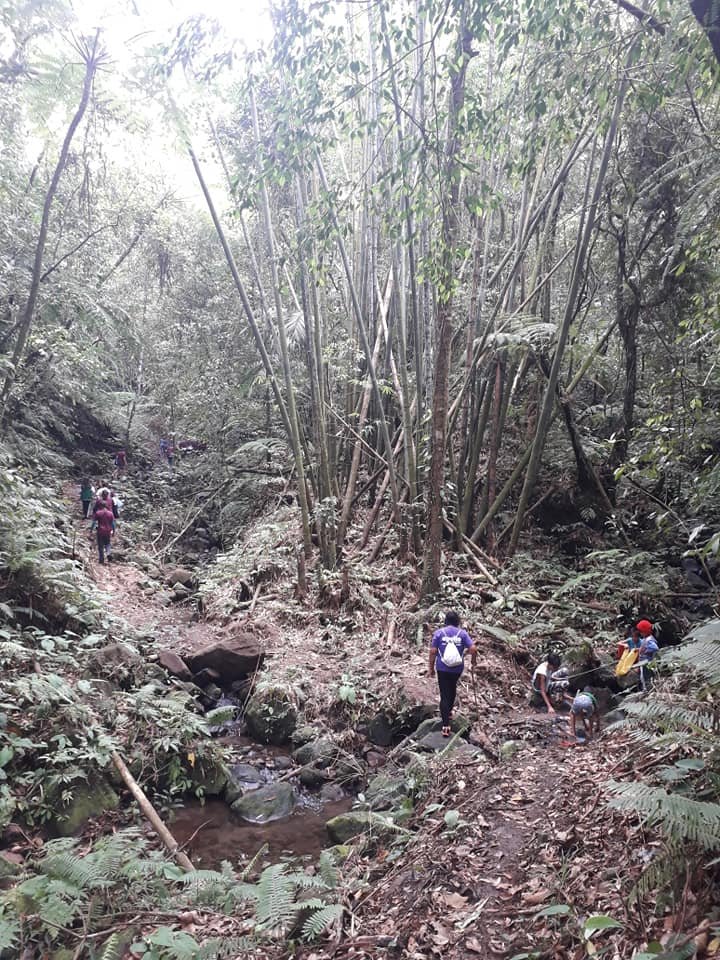
Fortunately, some farmers in the mountainous area of Silay City, Brgy. Patag, have joined this “elite circle” with the aid of Altertrade Philippines. In the latter’s role as a conduit between the farmers and willing consumers, Altertrade assures growers that they will always have a market for their organic products. The company buys the produce outright and delivers these to households that have signed up for this farmer-consumer group.
From the original 60 members of Baliguan Agro Farmers Association that started in 2012, 23 farmer-members how cultivate an aggregate of 20 hectares of land in the highlands of Silay City. These 20 hectares are also planted to coconut, bananas, and timber forests.
One never knows what it takes to put delicious, healthy food on our tables until one has walked the trail of these farmers. “Manamit” has a price and the price is as steep as the mountainside where our lettuces, cucumbers, coffee, cacao, cabbages, papaya, bananas and even strawberries come from.
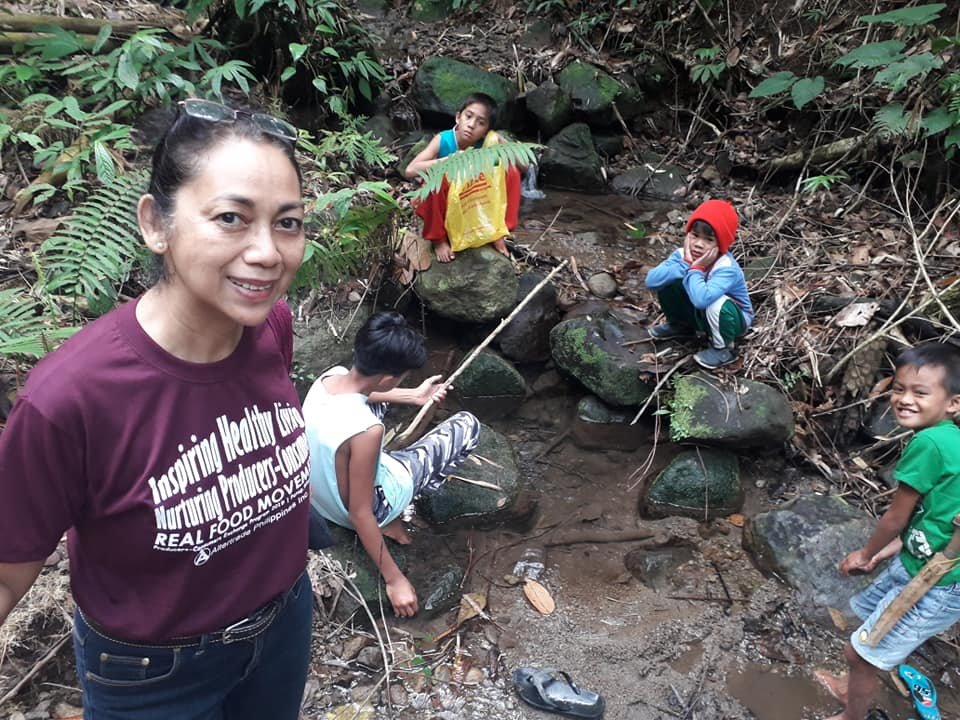
One of the farmers at Patag tells of his journey from conventional to organic farming. After so much introspection as a regular farmer who used pesticides to manage his small farm, he decided to make the conversion. He realized that conventional farming will produce unhealthy results on his customers’ well-being. It was a struggle considering that organic gardening consumes more time and effort to keep pests away from his crops. Nevertheless, a clear conscience makes for a soft pillow for him.
Today, Rene Boy Sombrio is one of the top organic farmers of his area producing juicy red lady papaya. He has to transport produce by the kaing and makes his way down a rocky path on foot. The trail is too steep for him to bring up a carabao with a cart. There are other farmers who share his fate.
Years ago, a manually-pulled cable car was installed across a ravine to connect one farm site to the other side. Goods were transported this way to replace the arduous one-hour hike taken by the farmers. This manual cable can shorten the trip to 20 minutes. This year, an automated 400-meter long mechanized tramline that could transport up to 500 kgs. of cargo was installed. Travel time: 2 minutes.
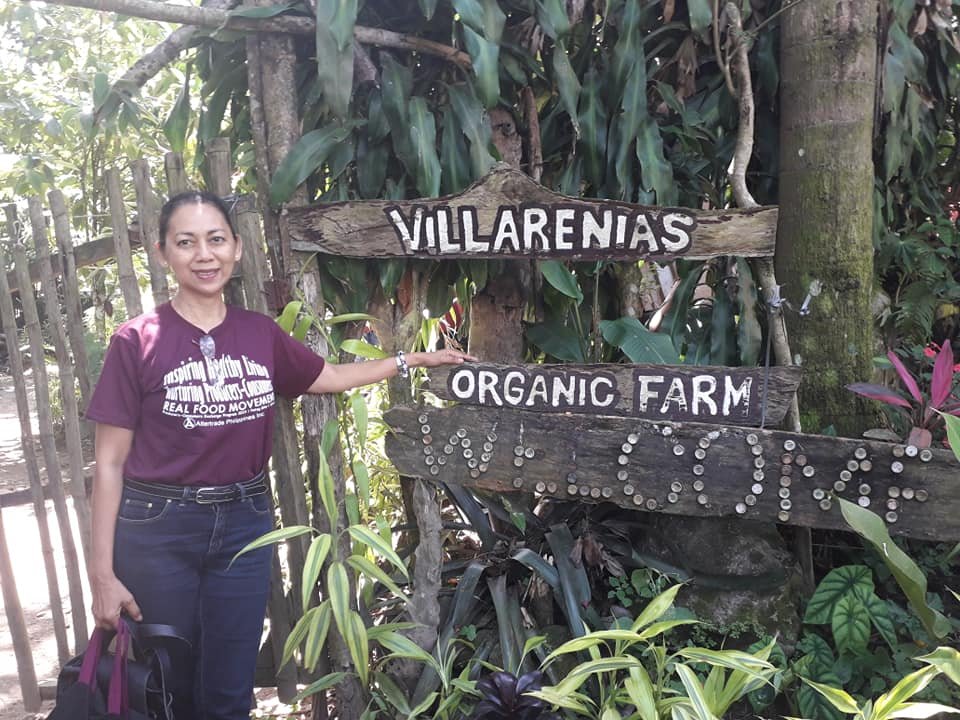
Rosario Villarenia talks about her farming family’s journey from non-organic to organic cultivation of their almost 3-hectare land. The realization that conventional farming may endanger her consumer’s health became the catalyst for the change in farming methods. In 2009, she joined other farmers in getting training on organic gardening under the provincial government of Negros Occidental. Now, the Villarenias are national awardees for Farm Family Farming (Natatanging Pamilyang Magsasaka 2015-2016). They certainly are not poor. The farm was able to get the children their college educations.
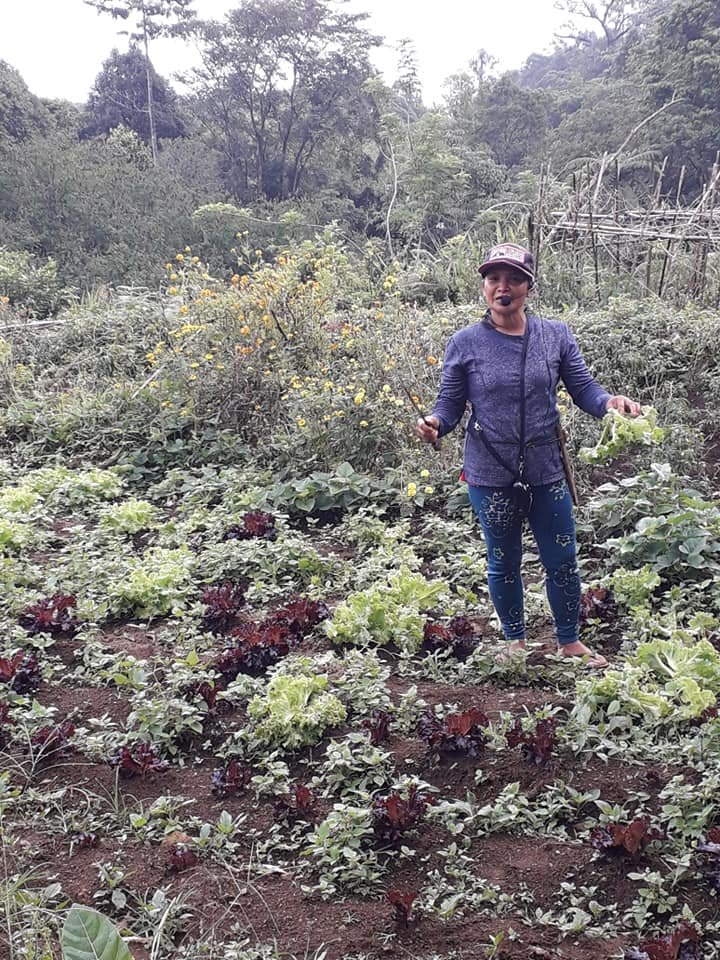
One of the beneficiaries of the tramline is Rona who plants her 1,000 square meter farm to lettuce, wingbean, broccoli, cauliflower, and red pepper. Her high-value crops reach the receiving end in good condition assuring her of a good price in the market.

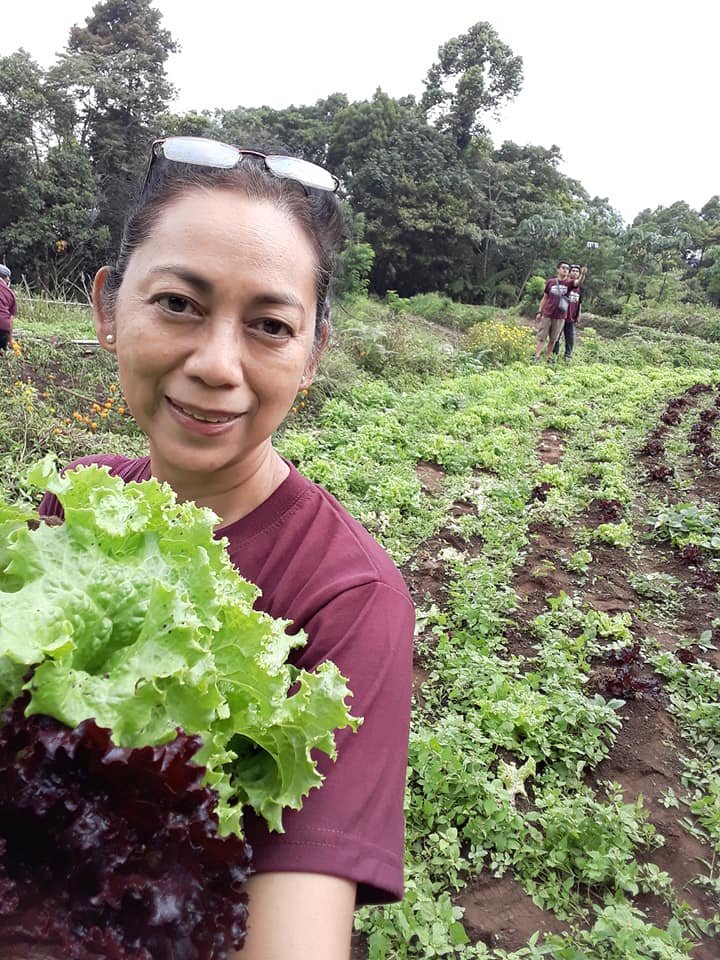
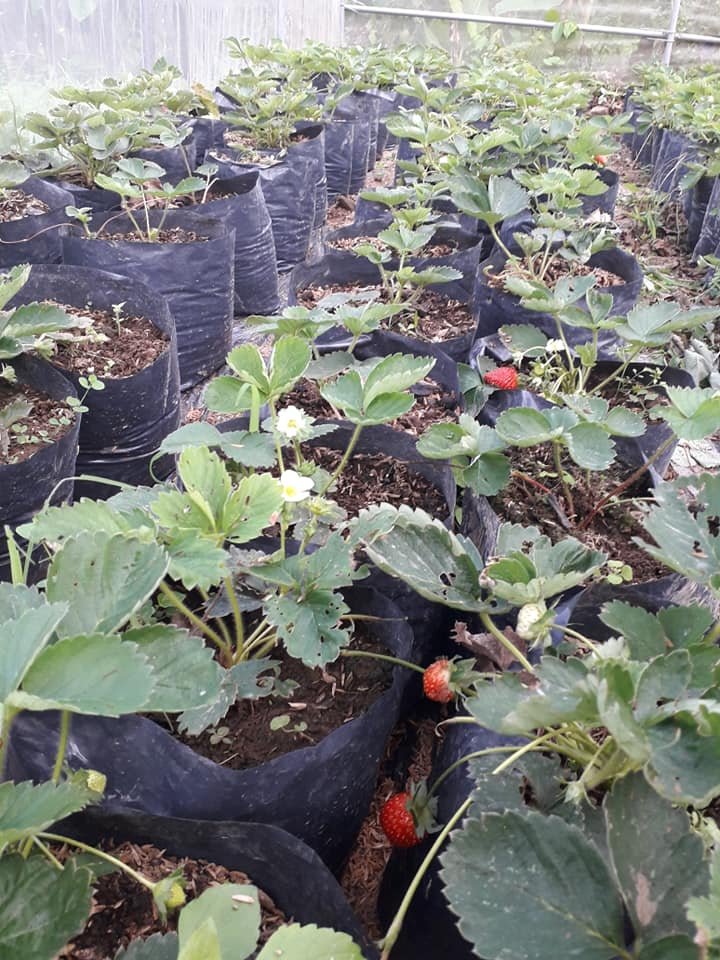
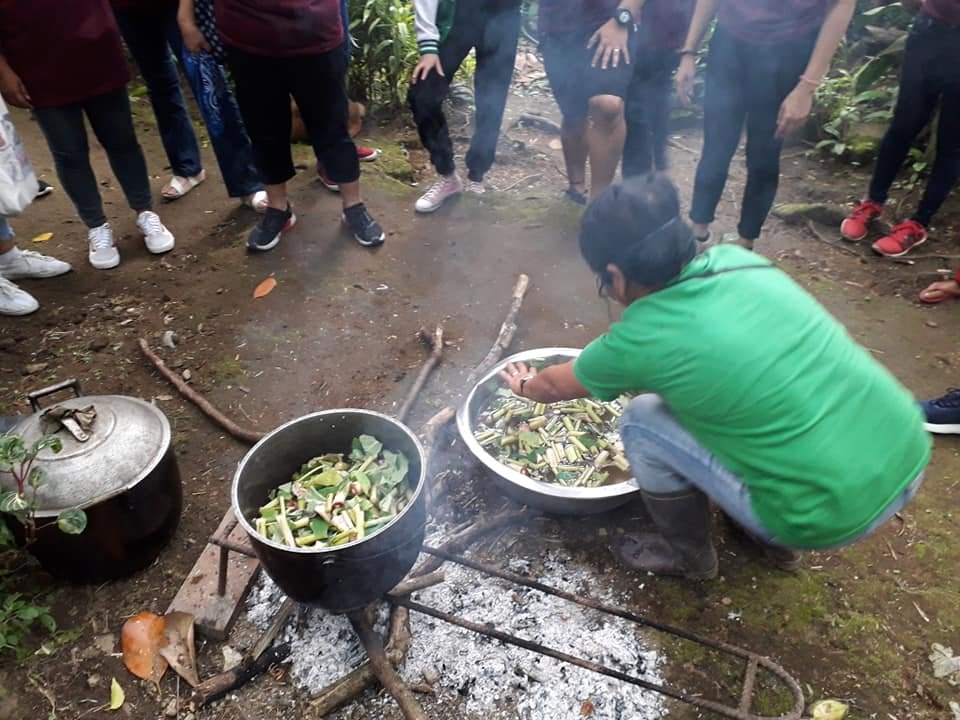
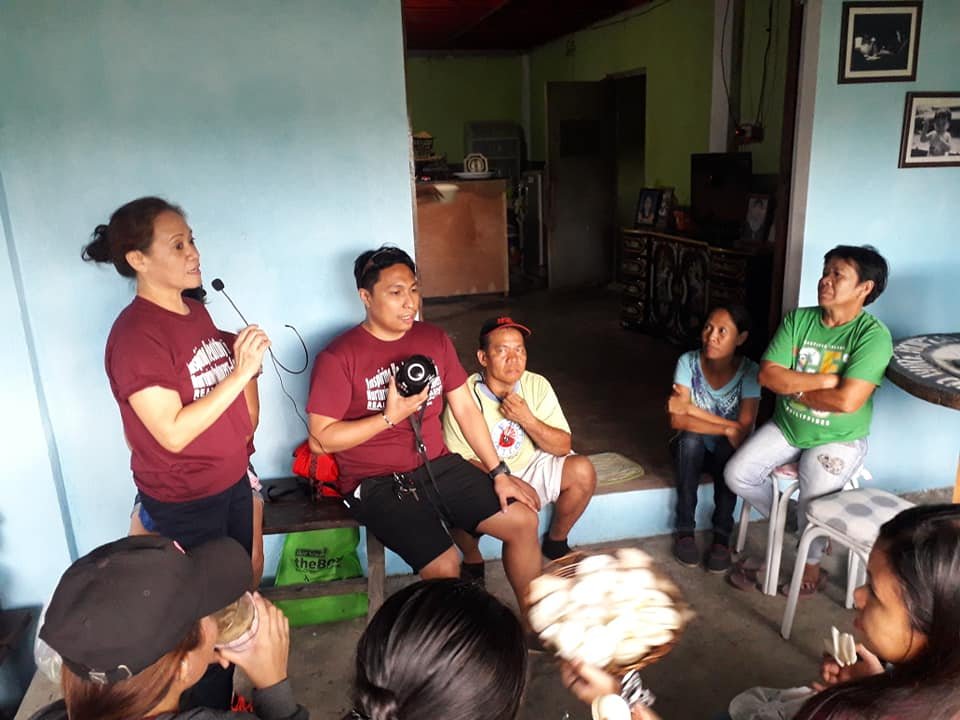
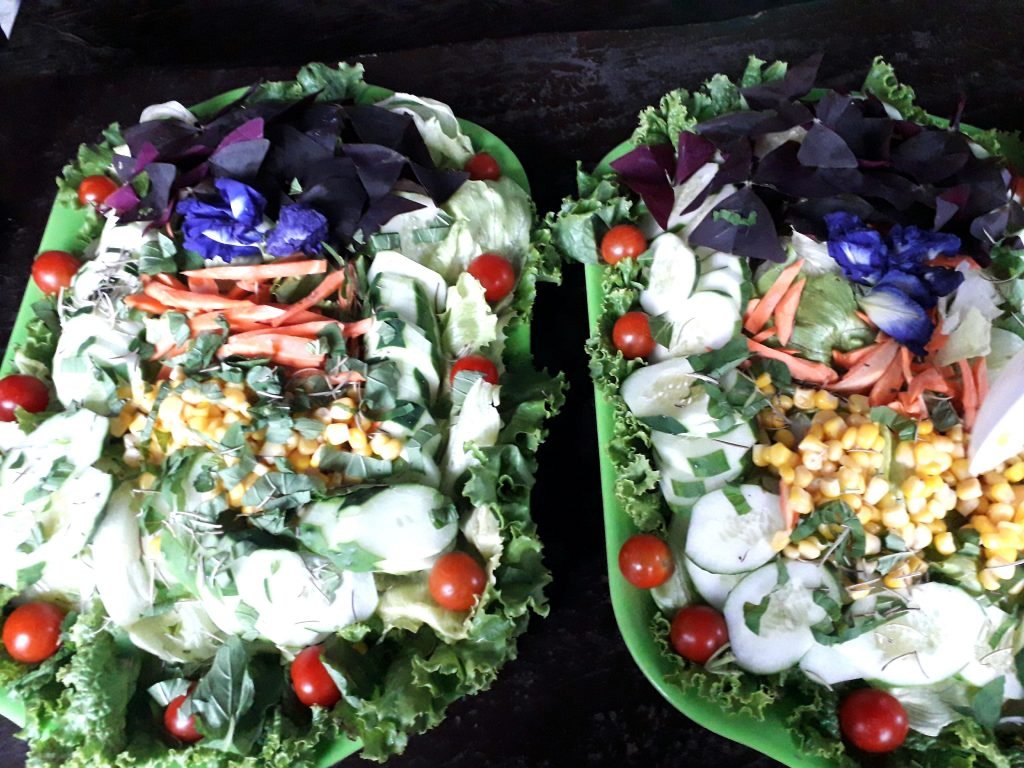
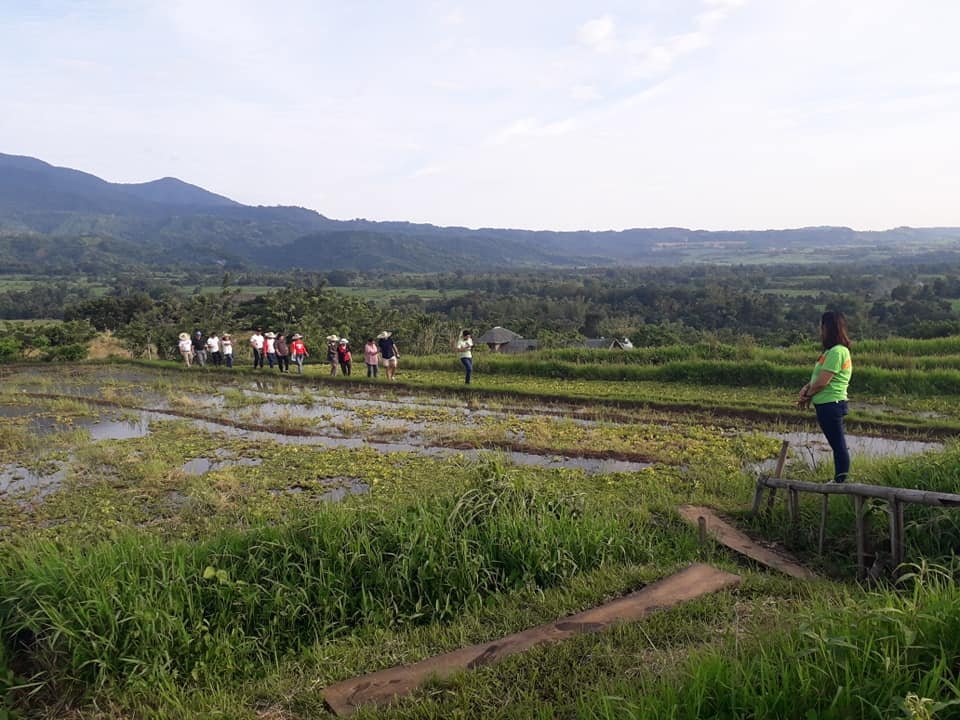
The organic movement contributes to the Tourism industry of the province. Many small farmers have benefited from the growing interest in pesticide-free fresh produce. Some of them have specialized in particular crops. Now, Negros Occidental have mushroom farmers, cacao farmers, coffee farmers, pineapple farmers, and orchard managers. The better lives of these farmers continue to inspire them to maintain the quality of their farms and provide aesthetic measures for the comfort of their guests.
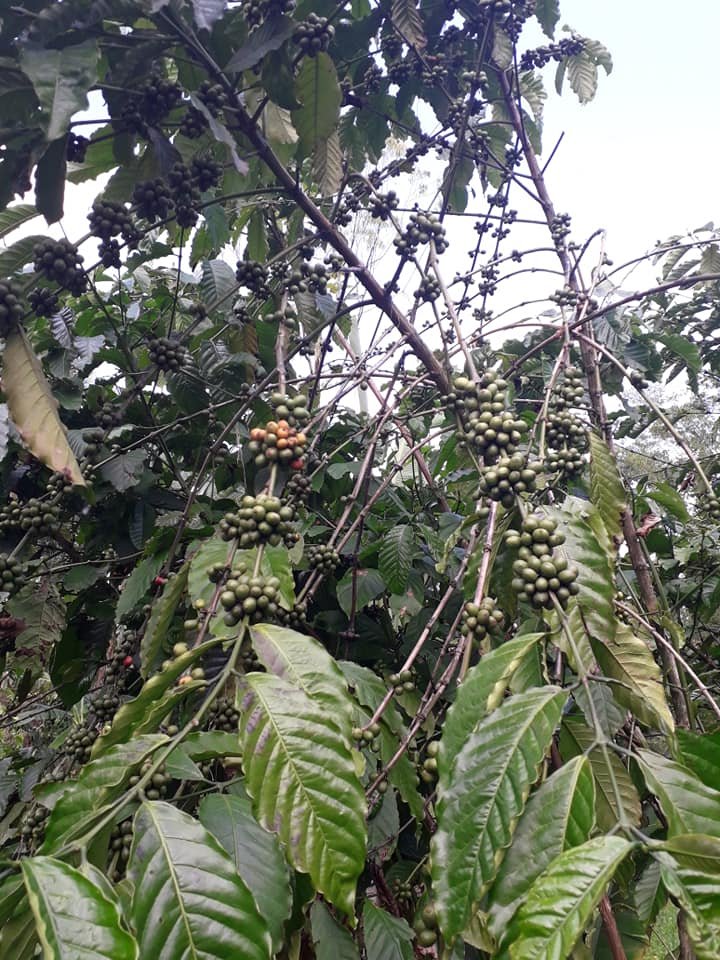
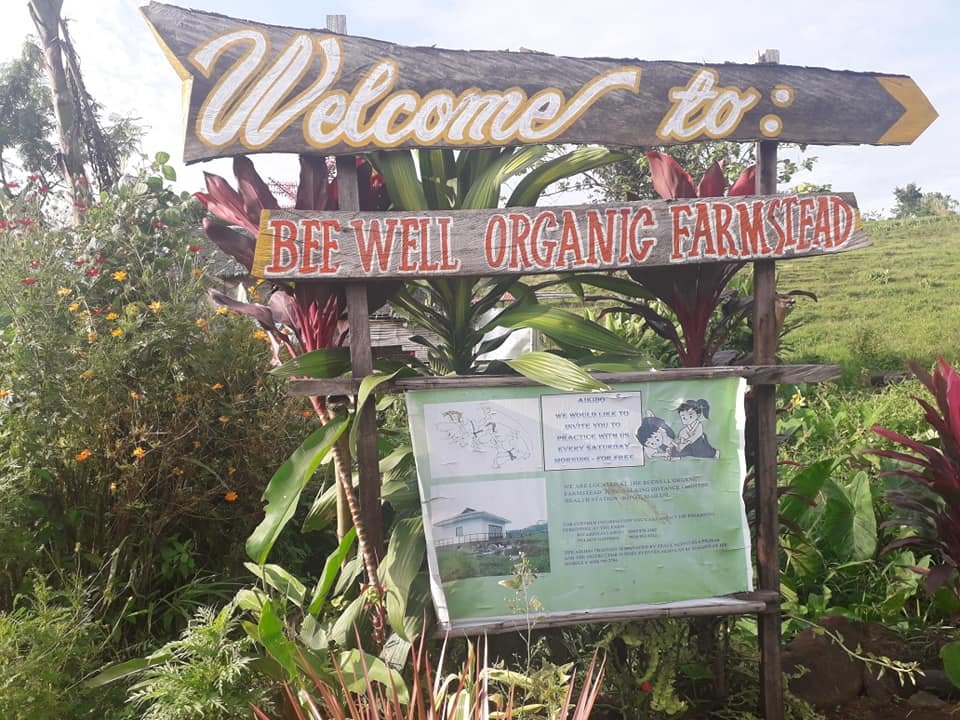
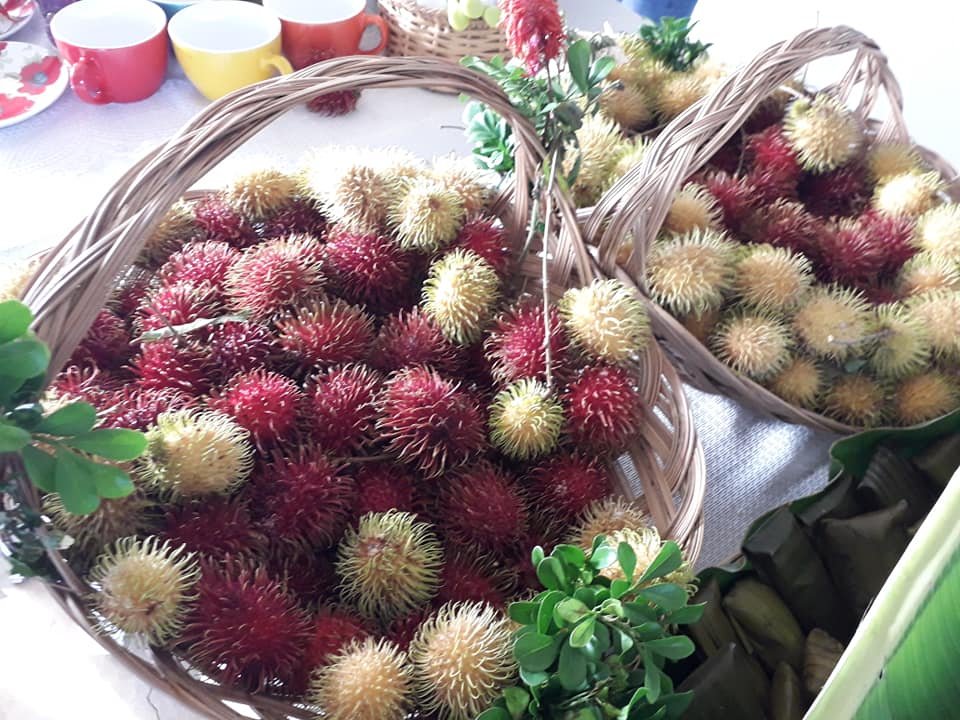
Going organic for Negros Occidental is a boon for our food industry. The high-value crops of our mountain farms have fueled more interest in countless possibilities presented by this province-wide vision of sustainable natural farming. Now I can say that my dream has come true. The same dream that Megaworld has in “uplifting lives, impacting society, and helping shape the nation.”


